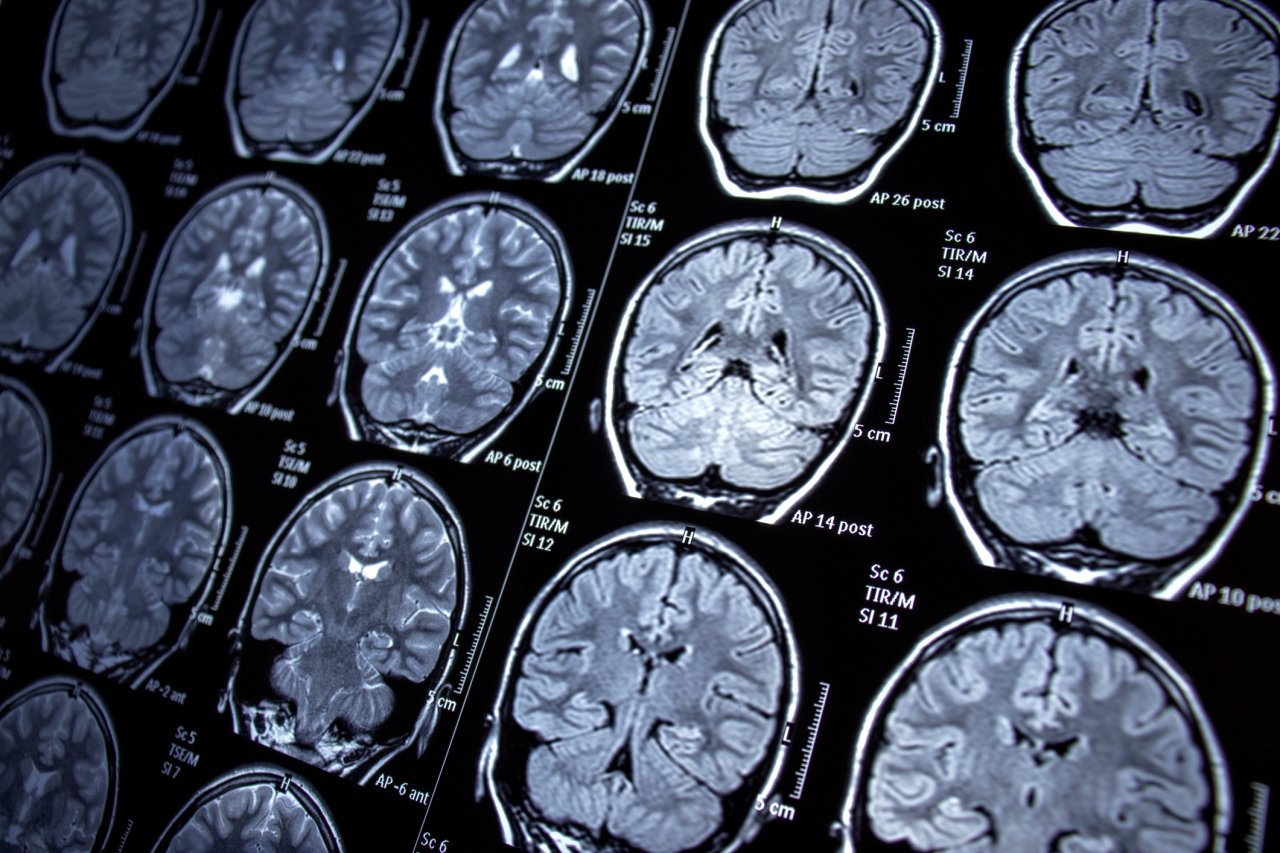Treating insomnia could help preserve brain health during ageing and prevent the development of neurodegeneration (the progressive breakdown and loss of function of brain cells) and dementia.
Sleep and Brain Health
Sleep disorders are often accompanied by difficulties in daytime functioning, including thinking skills.
Sleep plays a critical role in our brain’s health. For example, harmful chemicals in our brain are cleaned out during deep sleep (i.e. slow wave sleep). Yet, as we age, sleep becomes more fragile, with up to 50% of older adults having insomnia symptoms. This may limit the natural benefits of sleep for brain health.
Insomnia is indeed associated with a higher accumulation of harmful brain chemicals, poorer thinking skills (e.g. concentration, memory), and increased risk of declining mental functions. Older adults with insomnia symptoms are also twice as likely to develop Alzheimer’s disease than good sleepers. People with insomnia who sleep for less than 6 hours, are most vulnerable to difficulties with thinking skills, such as concentrating and remembering information.
Sleep medications are widely used. In a Quebec study, 20% of seniors reported using chronic use of benzodiazepines. This is concerning because many of these medications have the potential to worsen thinking skills and increase the risk for dementia.
Cognitive behaviour therapy for insomnia (CBT-I) is the first recommended treatment for insomnia. It is safe and effective for older adults, and can help people get off sleep medications.
Research in sleep and brain health
If you are 60 years of age and older
Improving sleep to protect brain health in adults aged 60 and over
This research project evaluates how an online sleep intervention, inspired from CBT-I, improves sleep, mental wellbeing, and brain health. It involves a 10-week program with modules that will teach you strategies aiming at fostering good sleep quality and better mental health.
To participate, you need to:
Be at least 60 years of age
Have internet access at home
Be living in Quebec or Ontario
Have sleep and memory complaints and be interested in improving your sleep
OR
Have no sleep or memory difficulty
Researchers: Thien Thanh Dang-Vu, M.D., Ph.D., Rébecca Robillard, Ph.D. & Sylvie Belleville, Ph.D.
REB#2023010



